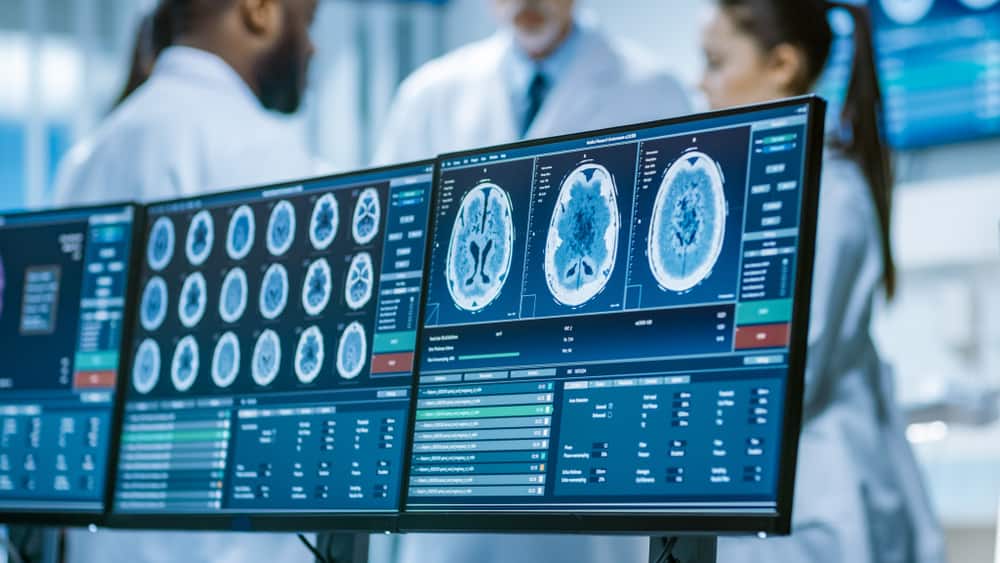A junk food diet can change your brain in a week and reduce appetite control, a study finds. A diet that is heavy in sugar and saturated fat can change the behavior of the hippocampus in as little as seven days. The hippocampus is the part of the brain that tells us when we are full, and a junk food diet can increase the desire for more food. Just a glance at a lavish buffet spread or a sumptuous meal can make us ravenous.
When we’ve eaten our fill, a specific part of our brains – the hippocampus – suppresses the desire to eat. However, eating too much junk food such as French fries, pizza, and burgers, seems to make this neurological appetite regulation stop working, in as little as a week, Richard Stevenson of Macquarie University in Sydney wrote in the journal Royal Society Open Science.

1. The Study
This study adds to the growing body of research that suggests that eating too much junk food not only affects your waistline but also your brain. Recent studies have linked sugar consumption to memory loss, and unhealthy eating has been linked to aggression, depression and stress, and even shrinkage in certain parts of the brain.
Stevenson’s research found that an unhealthy diet influences the hippocampus to increase the desire for more food, even if you’re already full.
In the study, the researchers recruited 105 young, healthy volunteers who normally ate a balanced diet and divided them into two groups. One group ate junk food for eight days – foods with lots of sugar and saturated fat. So for breakfast, grilled sandwiches or Belgian waffles and milkshakes were on the menu, and the main meal of the day came from a fast-food chain. While the other group continued to eat as they normally would.
On the first and last days of the experiments, subjects in both groups were offered various unhealthy snacks before and after breakfast. The participants had to indicate how great their desire for the snacks was and how good they tasted after trying them.
